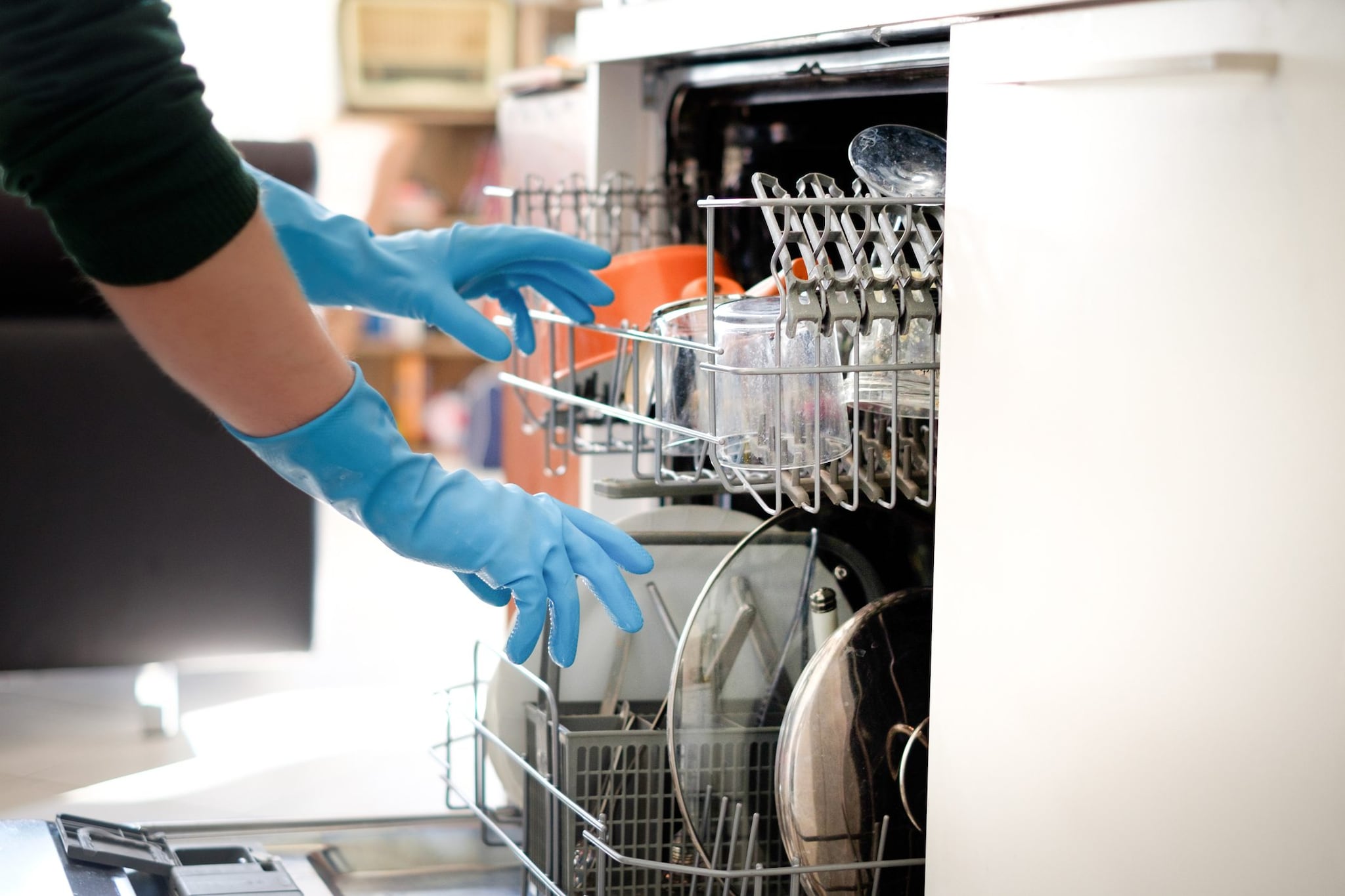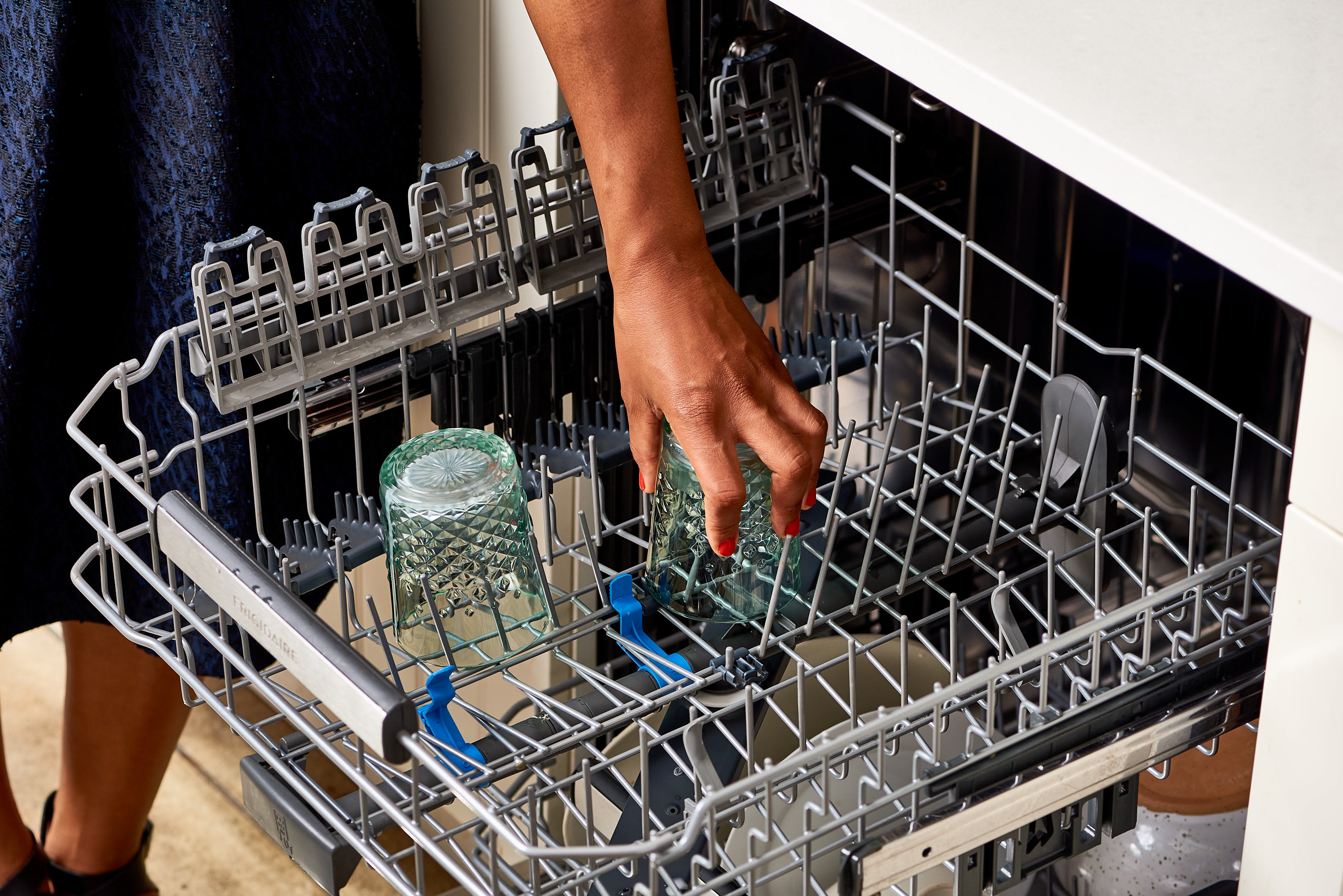This post following next pertaining to Common Dishwasher Problems is without a doubt enjoyable. You should investigate for yourself.

Having your dishwashing machine malfunction or malfunction can be a big deal and trigger some pain at home. Dishwashing machines are makers that we make use of to clean meals as well as flatwares instantly to save us the tension of by hand doing it.
Like every other equipment that eases human effort, dishwashing machines can break down as well as create some mistake at some point in time. There are numerous faults your dishwashing machine might create, and also while some of them can be solved by replacing some parts or fixing them, other much more serious problems will need that you get a new dishwasher.
This short article will identify a few usual mistakes your dish washer can create to impede its general performance as well as how these faults can be solved.
Usual Mistakes
Usual dishwashing machine faults might range from minor to significant ones. Relying on the degree, you will either need the solutions of specialist plumbing professionals to repair or replace it.
Some of one of the most usual faults include:
Leaking Dishwashing machine
This is most likely the most everyday dishwasher problem, and the bright side is that it is very easy to recognize. Leakages happen as a result of numerous factors, as well as the leaks can make a mess of your kitchen. Usual sources of dishwashing machine leaks include;
If your recipes as well as flatwares come out of the dish washer and still look unclean or dirty, your spray arms may be an issue. In many cases, the spray arms can get blocked, and it will certainly require a fast clean or a substitute to work properly once again.
Lack of ability to Drain
Occasionally you may notice a huge amount of water left in your bathtub after a clean. That is probably a water drainage problem. You can either inspect the drainpipe hose for damages or clogs. When doubtful, get in touch with a specialist to have it checked as well as taken care of.
This is another typical dish washer problem, as well as it is generally brought on by food debris or grease sticking around in the equipment. In this case, search for these fragments, take them out and also do the dishes without any meals inside the equipment. Clean the filter thoroughly. That will assist do away with the negative smell. Guarantee that you eliminate every food bit from your meals prior to moving it to the maker in the future.
Verdict
Several of these usual dish washer mistakes can be taken care of conveniently in the house, yet in many cases, the mistakes could be massive and also might need the interest of experts. If you reside in Rochester, Syracuse, as well as other parts of America, let the professionals properly diagnose what could be wrong with your dish washer and also extend an option.
We likewise set up dishwashing machines if you just bought a brand-new one or plan to change your very own. With our several years of experience in the industry, we are sure to give you the most effective feasible solutions.
8 Most Common Dishwasher Problems & How to Fix Them
My Dishwasher Isn't Draining
If your dishwasher isn't draining properly, you may be having an issue with your dishwasher's drainage system. This can be caused by a variety of issues:
Clogged drain: The dishwasher's drain may be clogged with food particles or other debris. Malfunctioning pump: The dishwasher's pump is responsible for moving water through the system and out of the drain. If it's damaged or not working correctly, it could cause a drainage failure. Broken or clogged hose: The dishwasher's drain hose may be broken or clogged, causing water to back up in the system. How to Fix Dishwasher Not Draining
Check the drain for any blockages. A clogged or kinked hose will prevent water from properly draining out of the dishwasher. Use a plunger or a pipe snake to clear any debris that may be blocking the drain. Check the dishwasher's pump for damage or malfunction. Consult the manufacturer's manual or call a professional appliance repair service if you think the pump may be the issue. Check the drain hose for any damage or blockages. The hose should be straight and free of any debris or kinks. Check the drain pump filters for any blockages if the hose is clear, but the dishwasher is still not draining. Some dishwashers have filters that can become clogged with food particles or debris. Cleaning or replacing the filters may help resolve the issue. Run a dishwasher cycle to make sure the water is properly draining out. My Dishwasher Is Leaking
A leaking dishwasher can be frustrating. There are a few possible causes that you can investigate to try and diagnose the issue:
Inspect the dishwasher for any visible signs of damage or wear and tear. Look for cracks or holes in the door and around the rubber seal. Check the hoses and pipes connected to the dishwasher for any signs of leaking. If there is no visible damage, you may hear the sound of water dripping or the sound of the water pump running. This might mean a problem with the water inlet valve or the drain pump. You may also notice a puddle of water on the floor near the dishwasher. This could indicate a blocked drain hose or a faulty drain pump. Finally, check the seals around the door and the door for any signs of damage, wear and tear, or improper installation. If any of these issues are present, they must be fixed immediately to avoid further water damage. How to Fix a Leaky Dishwasher
Identify where the leak is coming from. The most common places for a dishwasher to leak include the door, hoses, and pump. If the leak is coming from the door, the gasket or seal may need to be replaced. If the leak is from the hose or pump, the damaged parts should be replaced with new ones. Finally, check all the connections and make sure they are secure and not leaking How to Fix a Dishwasher That Won't Start
The perfect remedy for a dishwasher that won't start is confirming all the components are in perfect working order and that the wiring is in good condition. Next, inspect the motor and replace it if necessary.
If these steps do not resolve the problem, contact a professional appliance repair technician to diagnose and fix the issue.
Conclusion
Most dishwashers are reliable appliances with a long lifespan. As with all devices, checking your dishwasher regularly will help you quickly identify any issues and ensure that it is running efficiently.
And if you're in the market for a new dishwasher, don't let dishwasher problems ruin your day. Upgrade to a reliable, efficient model today! Check out our full selection of top-quality dishwashers that includes a range of styles and features to suit any budget and household needs.
https://www.coastappliances.ca/blogs/learn/common-dishwasher-problems

I recently found that blog posting about Common Dishwasher Problems when doing a lookup on the web. For those who enjoyed reading our article plz remember to pass it around. Thank-you for taking the time to read it.
Here